Young people from Slovenia, Hungary and Belgium visited Brussels from 3-9 May 2025.
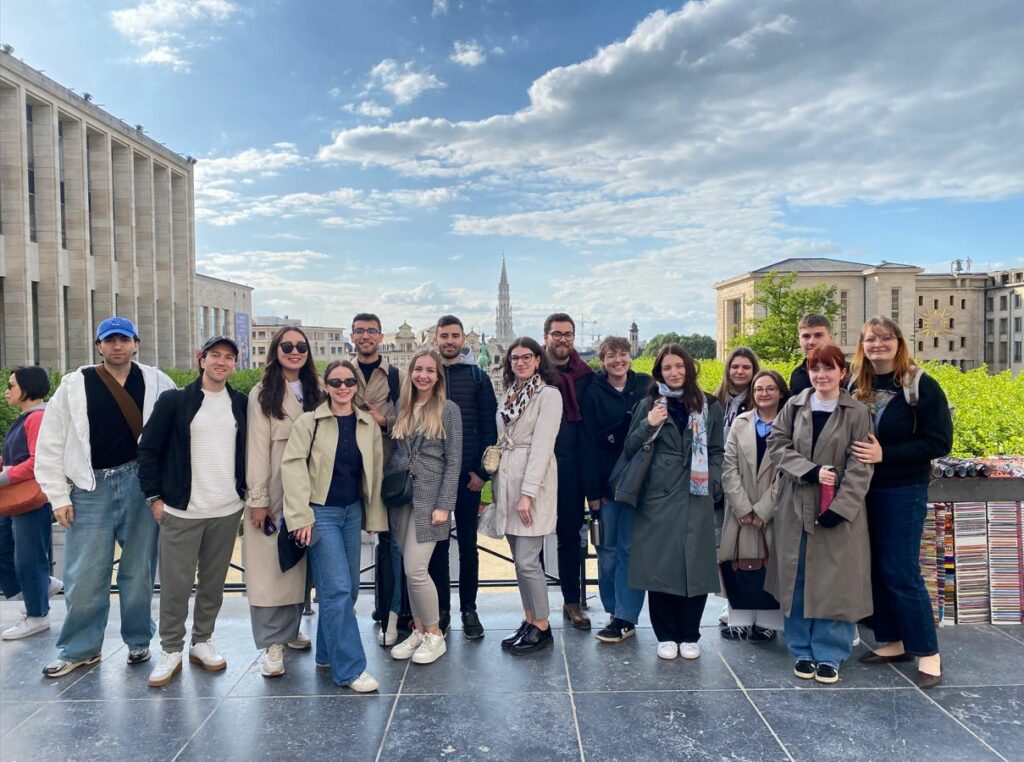
During the programme, the group visited EU institutions and museums, and during the workshops they learned about key EU concepts, the youth strategy and opportunities for youth participation.
Our partner in the project is the Slovenian No Excuse Slovenia, whose facilitator provided expertise to support the programme.
On the opening day, the president of the Pact for Youth Association, István Kárász, presented the Pact4EU project and explained the framework of the youth mobility programme, the project’s objectives and the House of European History. During the afternoon, the participants talked about their motivation and expectations and started planning their presentation videos.
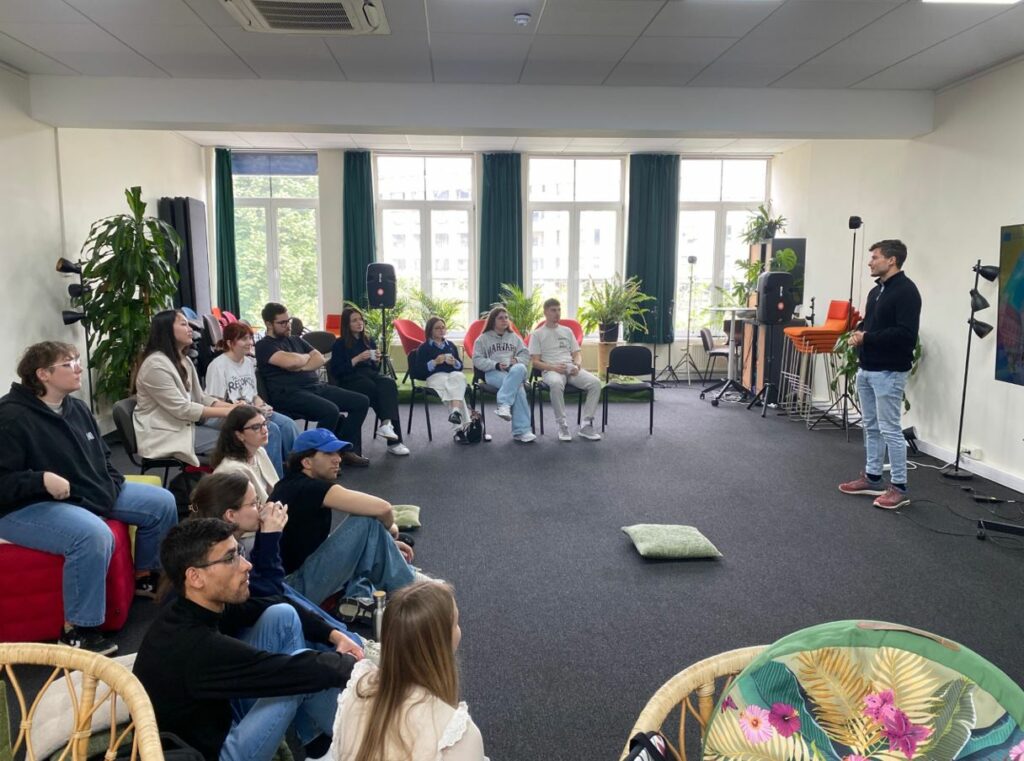
On Monday, the participants discussed issues and problems that the youth sector faces in their everyday lives and looked for solutions to them, as well as gathering ideas for citizens’ initiatives and thinking about the resources and needs needed to create them.
The second half of the day was dedicated to a climate action simulation exercise, which tested climate and energy policies in real time through group role-playing and highlighted the EU’s centralised policy-making approach to global climate diplomacy.
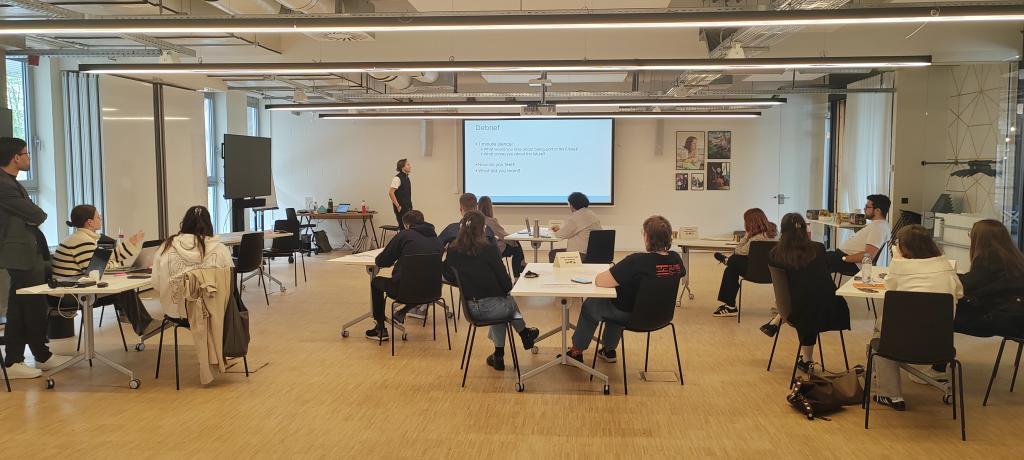
During the last 3 days, the Pact4EU project team visited several places in Brussels:
– The House of European History
– Permanent Representation of Hungary to the European Union
– The European Parliament
– The Parlamentarium
– The European Committee of the Regions
– Office of Nemec+Chvatal
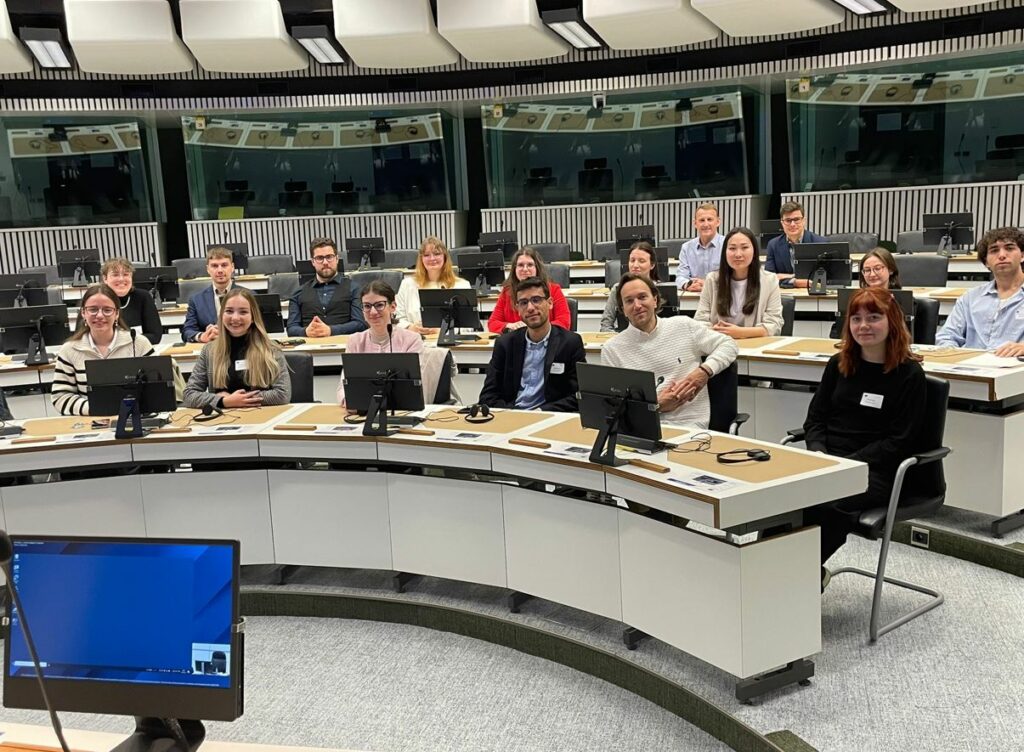
They participated in lectures and discussions, thus gaining useful knowledge and decisive experiences.
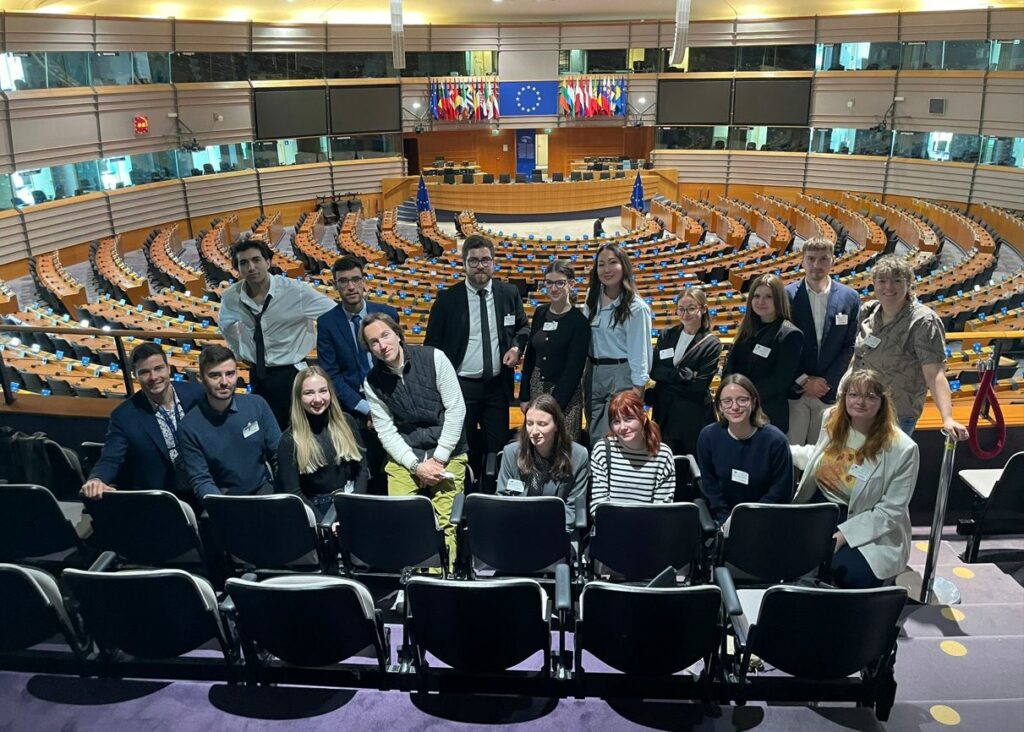
On the final day, they finalised their video plans, which each group will prepare and edit when they get home.
The videos made by the participants will be available soon.
The project is funded by Erasmus+.